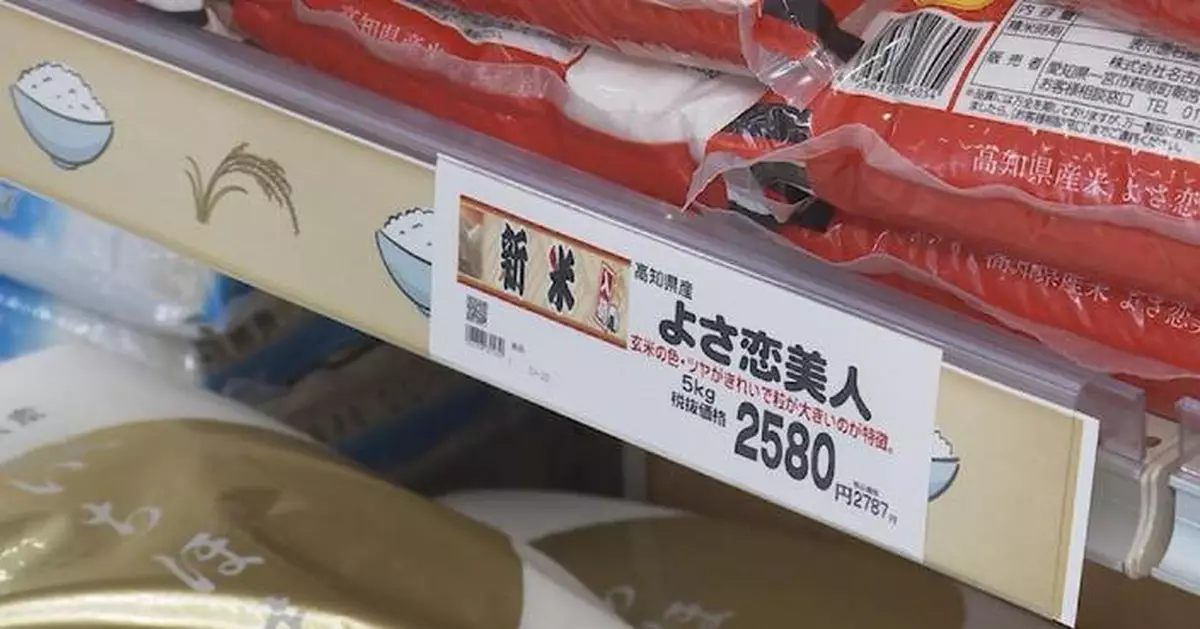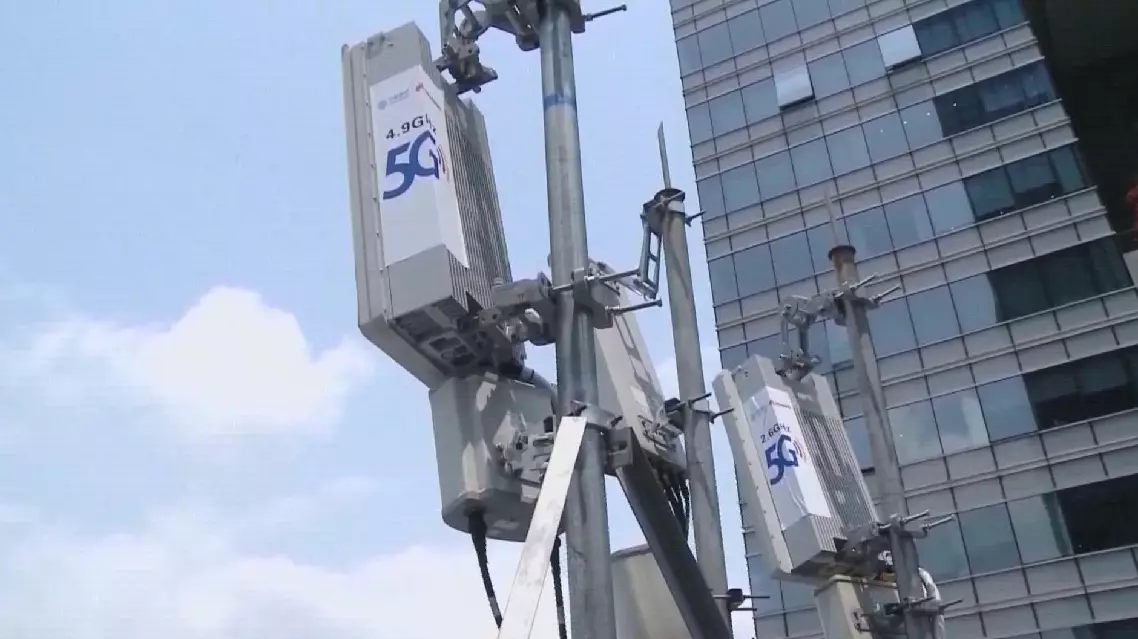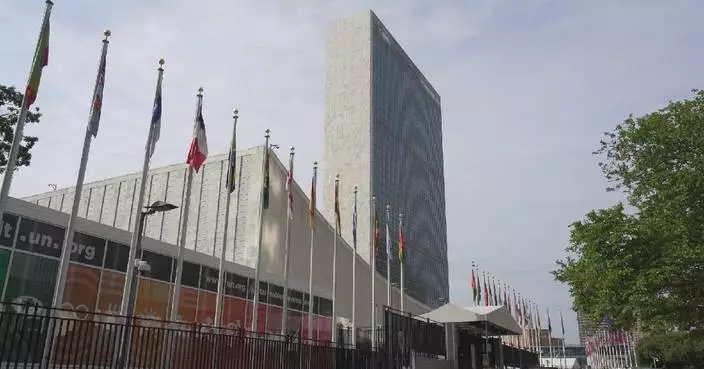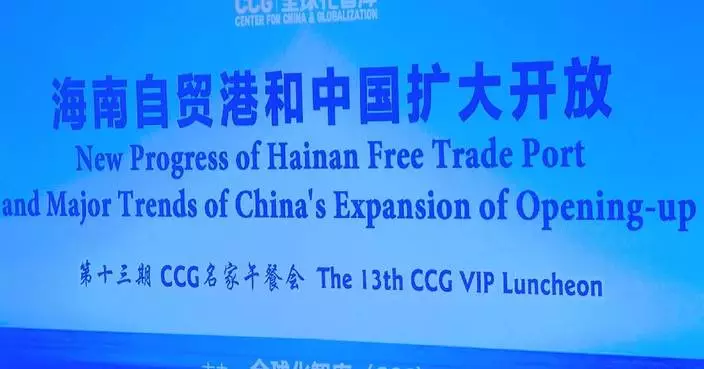Complains and concerns are growing among residents in Japan over the shortage of rice supply and restrictions on purchase.
The shortage stemmed from a heat wave last year which has led to a decline in distribution.
Since early August, Japanese media have been reporting that the country's rice is in short supply in some places due to insufficient reserves.
At the Nishi Nakahara branch of Tagoju supermarket in Shizuoka City, the half-empty shelves and the cancellation of long-standing sales promotion suggested the shortage of rice supply.
The supermarket had to control sales as much as possible, instead of promotion, according to the manager Katsumi Masuda.
The rice inventory has dropped a lot, and the types of rice on sale have been slashed to 12 from 50, according to Masuda.
As a result, the sales of rice have declined.
"If there is a disruption in the rice supply, we may have to impose a purchase limit, like one item per consumer," Masuda said.
In addition, the shortage of rice has also spurred concerns among residents about high prices.
"Although supermarkets are still selling rice, but the supply is obviously more scarce than usual. I'm worried about how high prices are going to go. In this case, it is impossible to stock up in quantities. So no matter how high the price is, I have to buy it," said a resident of Shizuoka City.
"Without rice, it would be very disturbing. After all, we are used to eating rice," said another resident.
Last year's heat wave is seen as the underlying cause of the rice shortage, according to Eiichi Aikawa, one of council members oft the Japan Rice Retail Association.
Affected by the scorching heat in 2023, the highest average temperature since records began in 1898, the country saw a decline in rice quality and a decrease in yield, he noted.
"Last year's high temperatures have resulted in poor quality and reduced yields of rice. That means less rice is available as a staple food," said Aikawa.
Private-sector inventories of rice fell to 1.56 million tons in June, down 20 percent from a year earlier and the lowest since 1999, according to the Ministry of Agriculture, Forestry and Fisheries.
Most of the rice to be harvested this year has not yet hit the market, and the rice inventory stocked last year has slid to the minimum reserve level, both of which have caused the shortage, according to Aikawa.
However, this year's rice harvest is also feared to be impacted by the scorching hot, spurring concerns among producers and consumers.
The rice market may face supply shortage again earlier than expected in the coming year, and the trend of rice price hikes will continue.
"Although this year's new rice is already on the market, such as this type of rice produced in Kochi Prefecture, five kilos now cost about 2,580 yen before tax, which cost 1,980 yen before. Even for new rice, the price has been very high. Shizuoka Prefecture is also a major rice producing area, but the weather is extremely hot this year, with the temperature even rising to 40 degrees Celsius. So I think the rice growth situation this year may be more severe," said Masuda.
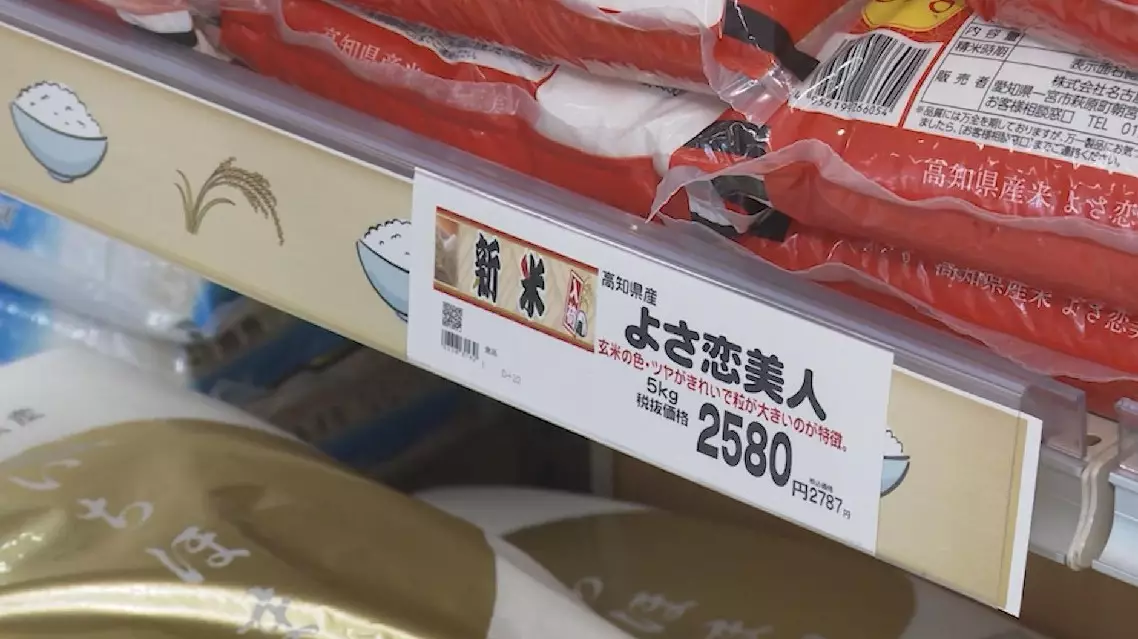
Shortage of rice supply spurs concerns among residents in Japan
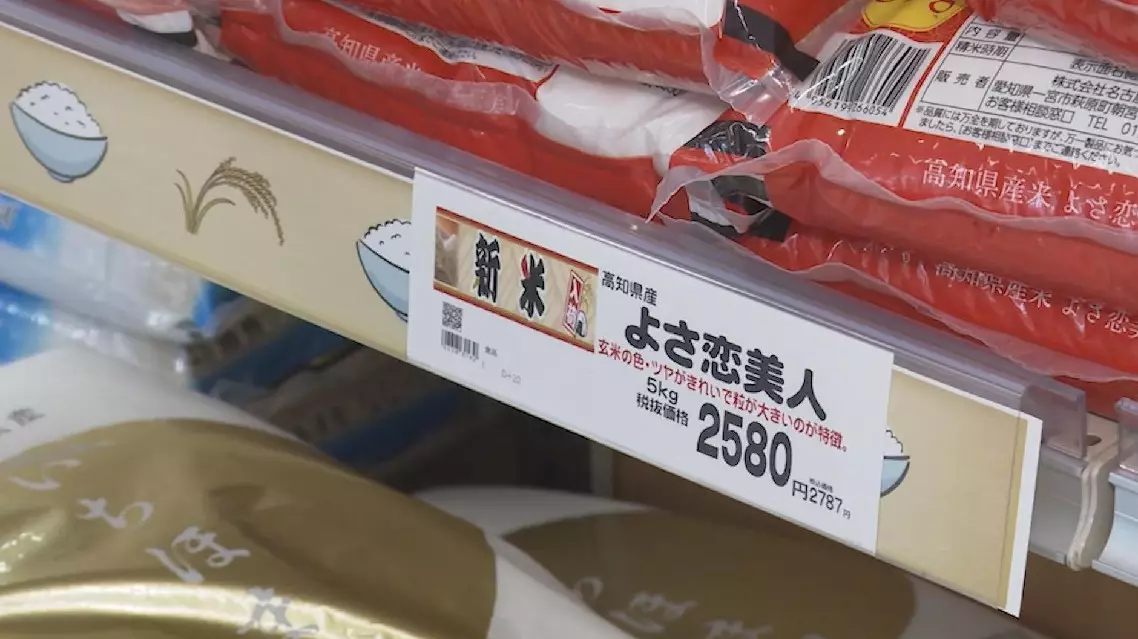
Shortage of rice supply spurs concerns among residents in Japan
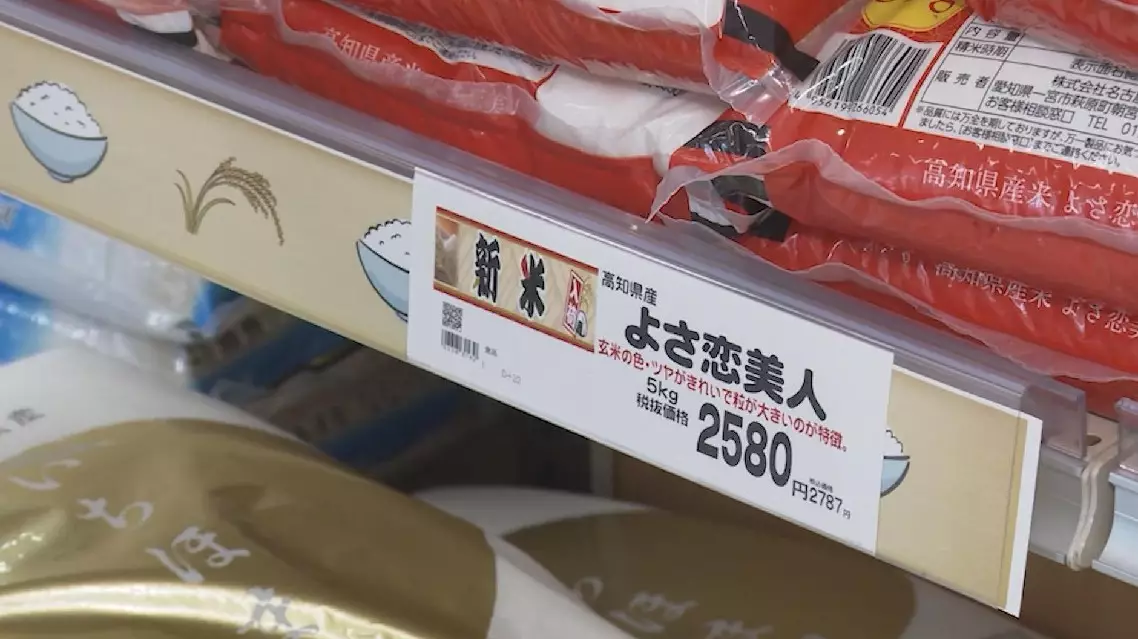
Shortage of rice supply spurs concerns among residents in Japan


